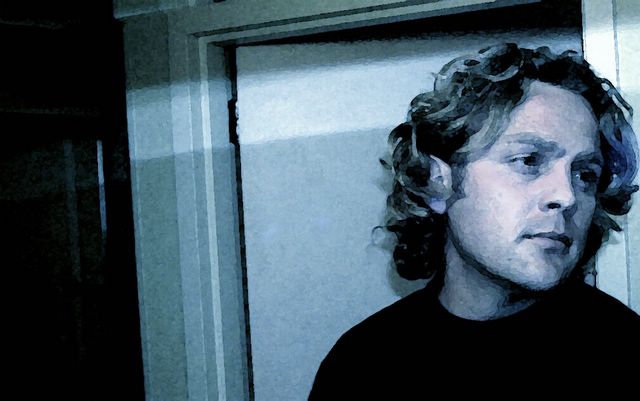What exactly do we mean by truth? Is it about watching your words; tip-toeing on egg shells in order to avoid squashing the feelings of another? Is about saying what others want to hear or what others expect to be said? Is it about hiding who we are in order to acheive acceptance, rank or recognition?
I say "hell no!"
Truth is truth. It's about being impeccable with your words, regardless of the fallout. It's about owning up to what and who you are. It's about complete and pure honesty. And that's just one side of the coin. The other side deals in responsibility to self and others. Life is fragile. With a simple word or a gaze, lives are redirected and effected for better or for worse. Truth is the most incredibly important ballancing act we go about performing every day.
This BLOG contains my truth. So, go hide and cry, jump and sing. Go pray for your son and hope. Don't hope for the impossible. Hope that this child is True!
Friday, February 11, 2005
Subscribe to:
Post Comments (Atom)

3 comments:
"A man that seeks truth and loves it must be reckoned precious to any human society."
Epictetus
50-120 Stoic Philosopher
Truth cramps the mind.
Ultimately, the similar concepts of "truth" and "true" form a distraction from real understanding. The idea that something is "true" locks our minds from considering new information.
Newtonian physics was considered "true" for hundreds of years. Einstein's Relativity, which modified and expanded our understanding of Newtonian theory, met staunch resistance from the scientific community in part due to necessary scientific skepticism, but also in part because scientific minds, hardened by truth, would not accept the new theory. Progress was slowed due to a dogmatic adherence to truth.
On the extreme, Theistic worldviews persist without evidence of a supreme being because "it is written" as Truth.
The idea of "true" ends up functioning as a mental handicap, preventing people from rationally questioning the world's most popular superstition.
Scientific knowledge, or understanding, is predicated on evidence and counter-evidence. Evidence does not really lead to truth, despite that we are typically taught in school that what science has revealed to us is in fact "true." Science aggregates evidence to come up with understanding. However, any real scientific understanding is never proven as so "true" that it cannot be modified or, on rare occasions, even overturned.
When we take things as our best understanding, our minds are free to accept new ideas and evidence. This forms the difference between religious obstinacy and a healthy adaptable worldview.
a verdade será sem dúvidas a única pedra que restará em pé apos a tempestade.
Post a Comment